-
Destinations
-
EuropeWith more than 40 countries and as many different languages, Europe has great cultural diversity. View All Countries
- Albania
- Armenia
- Austria
- Belgium
- Bosnia
- Bulgaria
- Canary Islands
- Corsica
- Croatia
- Cyprus
- Czech Republic
- Estonia
- France
- Finland
- Georgia
- Germany
- Greece
- Greenland
- Hungary
- Iceland
- Italy
- Kosovo
- Lithuania
- Madeira
- Malta
- Montenegro
- Netherlands
- North Macedonia
- Norway
- Poland
- Portugal
- Romania
- Serbia
- Slovakia
- Slovenia
- Spain
- Sweden
- Switzerland
- Turkey
- United Kingdom
-
AsiaThe largest continent on Earth offers bustling cities and remote hidden valleys waiting to be explored. View All Countries
-
AfricaOne of the most diverse continents in the World. From the heights of Toubkal and Kilimanjaro to the sprawling savannas of South Africa. View All Countries
-
Middle EastA tapestry of ancient wonders and modern marvels, filled with cultural convergences with warm hospitality and a spectacular diverse landscape. View All Countries
-
AustralasiaA place of diverse landscapes, vibrant cultures, unique wildlife, and endless adventures for every traveller's delight. View All Countries
-
The AmericasA vast mosaic of cultures, stunning landscapes, diverse cuisines, and boundless opportunities for exploration and discovery. View All Countries
-
Polar RegionsFrozen wonders unfold in the polar regions with pristine landscapes, majestic wildlife, ethereal aurora. A surreal realm awaiting intrepid explorers. View All Countries
-
Europe
- Activities
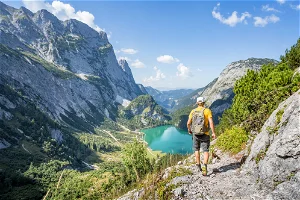 Walking & Trekking
Walking & TrekkingThe world’s best walking routes from leisurely footpaths to challenging trails.
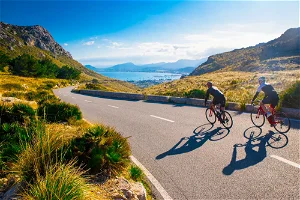 Cycling
CyclingRoad, mountain, adventure, e-bike and leisure cycling holidays.
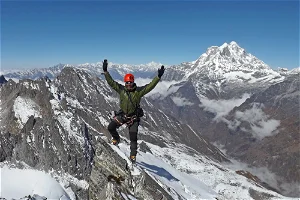 Mountaineering
MountaineeringTaking you high into the world's most spectacular mountain ranges.
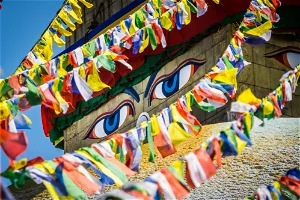 Culture
CultureActive journeys focusing on the cultural highlights of a country.
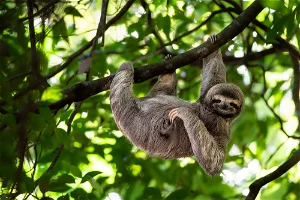 Wildlife
WildlifeWildlife experiences and safaris to see the world's most incredible animals.
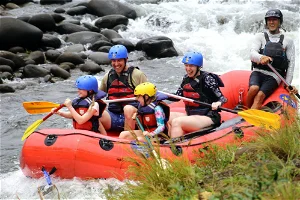 Family
FamilyFun-filled adventures to share with all the family, led by specialist leaders.
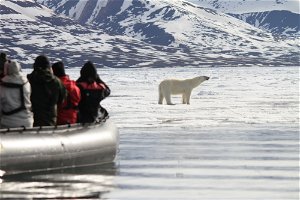 Polar
PolarDiscover the unique wilderness landscapes and wildlife of the Arctic and Antarctica.
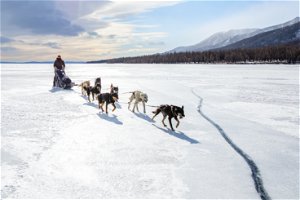 Winter
WinterThrilling snowy escapes away from the downhill crowds.
 Pioneer
PioneerUnique, expedition-style trips; adventures you never knew existed.
 Trail Running
Trail RunningFrom challenging trails, to scenic running adventures
- Ways to travel
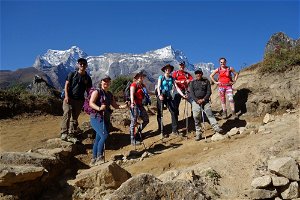 Guided Group
Guided GroupSmall group holidays led by fantastic local KE leaders.
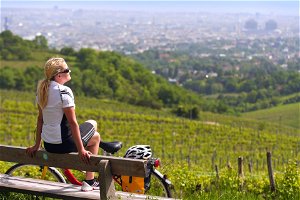 Self-Guided
Self-GuidedTravel at your own pace while we arrange all the logistics.
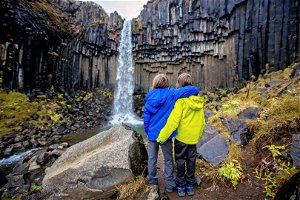 Family
FamilyFun-filled adventures to share with all the family, led by specialist leaders.
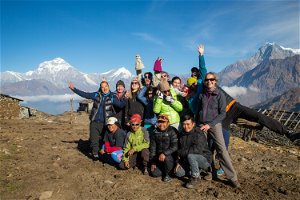 Private Group
Private GroupExperience our guided adventures, exclusively for your friends and family
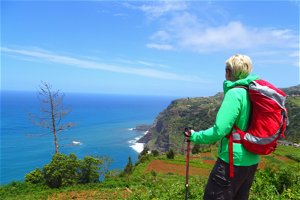 Solo Travel
Solo TravelJoin like-minded travellers on our guided group adventures, or travel Self-Guided.
- Inspiration
 Last Minute
Last MinuteFeeling spontaneous? We've got just the adventure.
 Winter Sun
Winter SunEscape to sunnier climates for a winter adventure
 Winter Snow
Winter SnowTry ski touring, snowshoeing, dog sledding, igloo building and more.
 Northern Lights
Northern LightsGlimpse a celestial spectacle, the aurora borealis in all its wonder
 Foodie Adventures
Foodie AdventuresDiscover trips packed with flavour on foodie adventures around the globe.
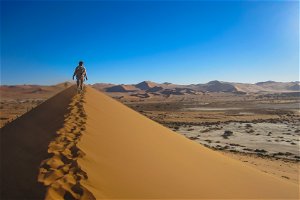 Desert Adventures
Desert AdventuresIncredible landscape by day, stargaze the endless sky by night.
 Bestsellers
BestsellersDiscover our most-loved adventures
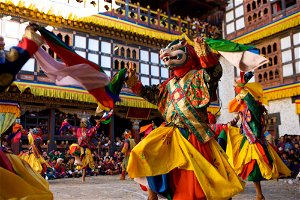 Festivals
FestivalsTime your holiday right to coincide with a local festival.
 Centre Based
Centre BasedHave somewhere to unpack and call home for the duration of your adventure.
 6000 Metre Summits
6000 Metre SummitsSet your sights high and conquer a 6000 metre peak
